Research
Oxford University ranked number 1 in the Times Higher Education (THE) World University Rankings for the ninth year running, and at the heart of this success is our ground-breaking research and innovation.
Oxford is world-famous for research excellence and home to some of the most talented people from across the globe. Our work helps the lives of millions, solving real-world problems through a huge network of partnerships and collaborations. The breadth and interdisciplinary nature of our research sparks imaginative and inventive insights and solutions.
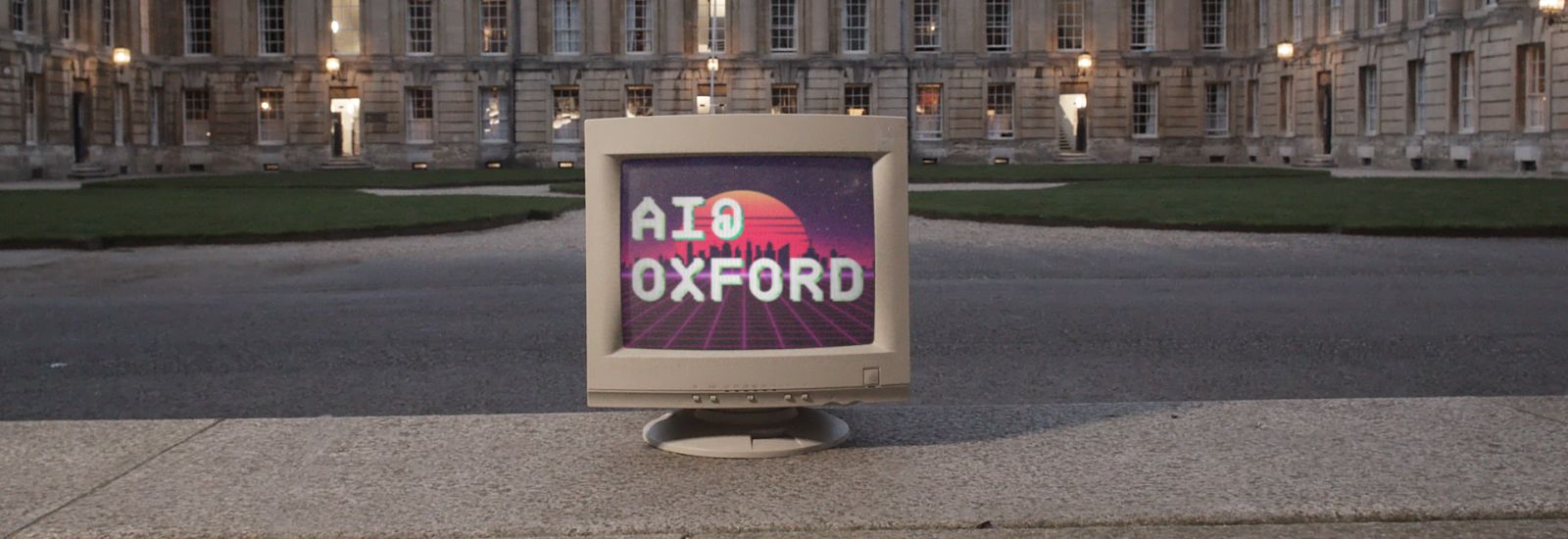
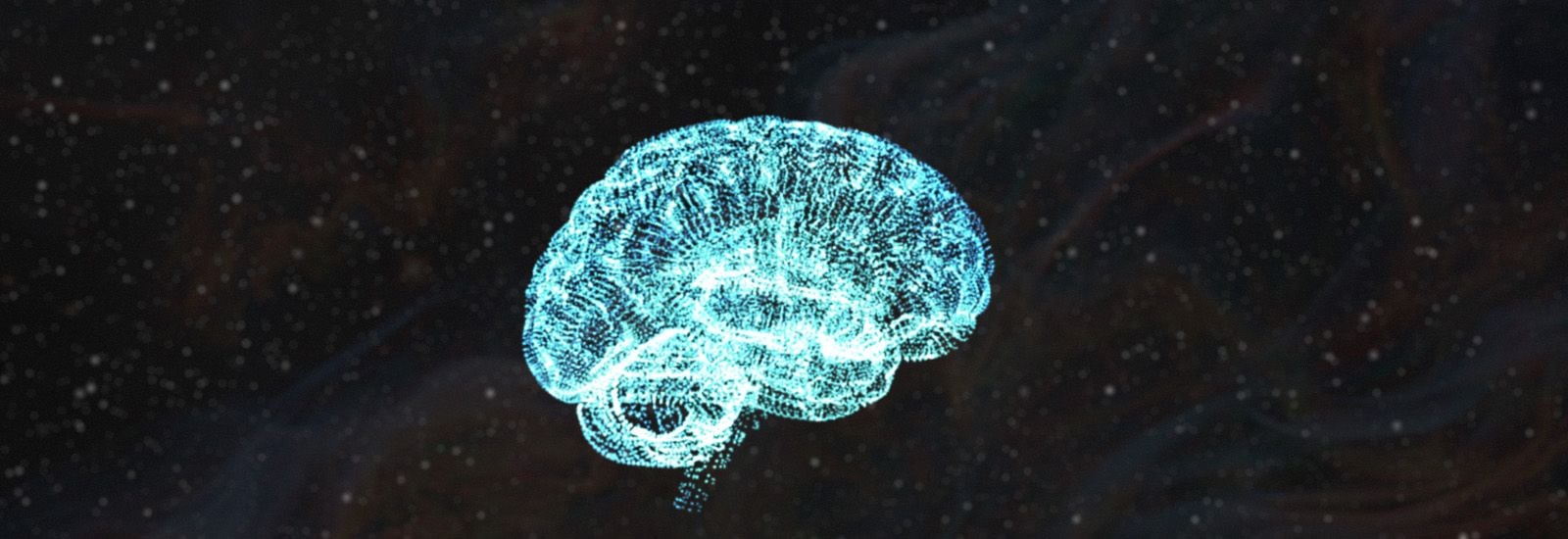
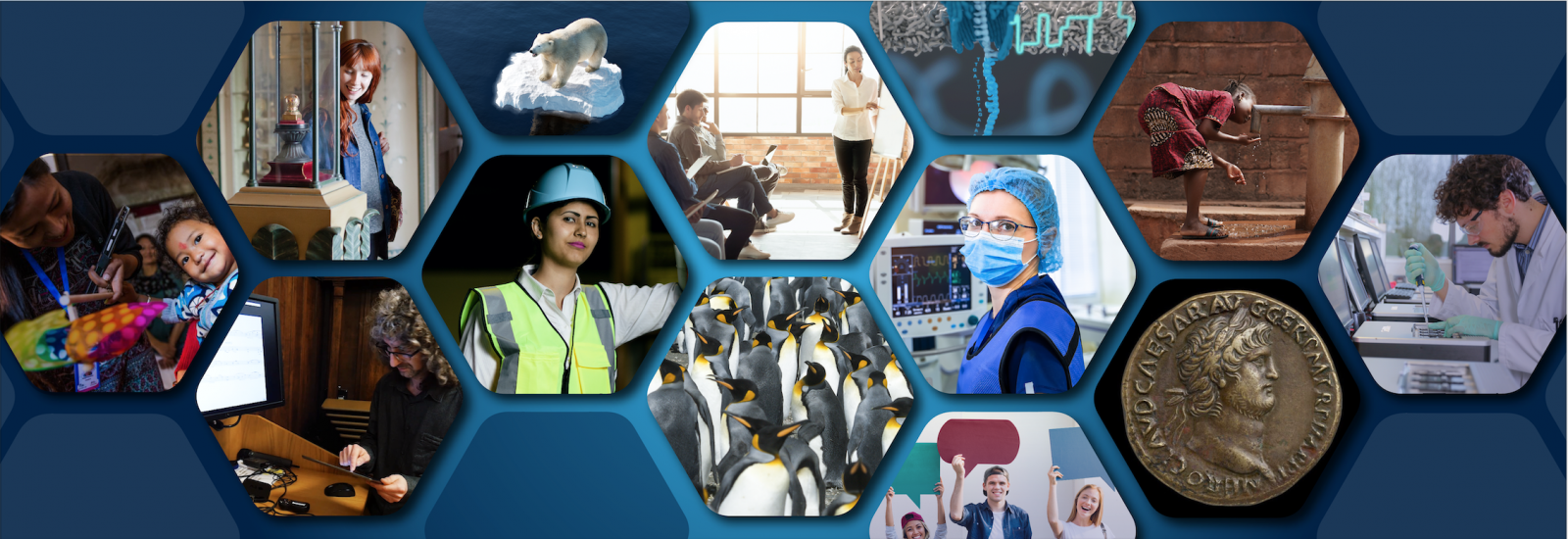

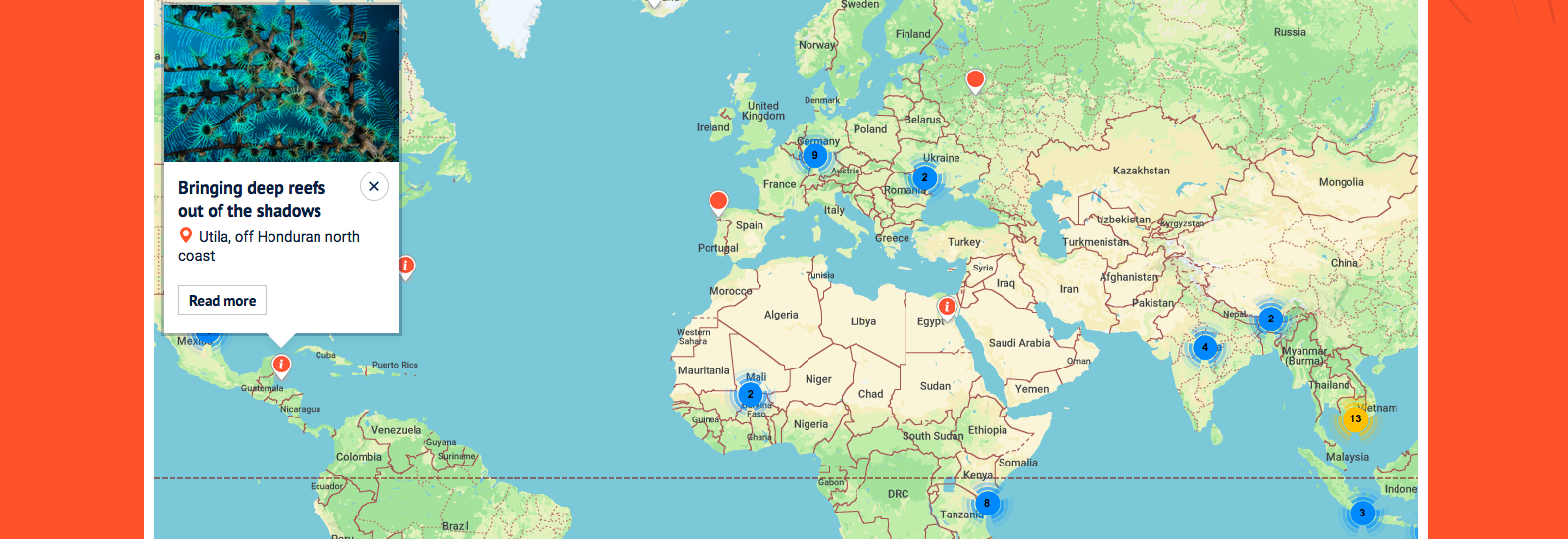
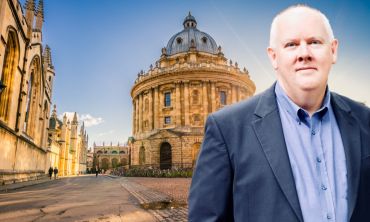
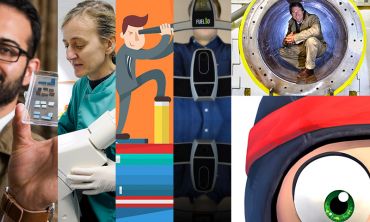

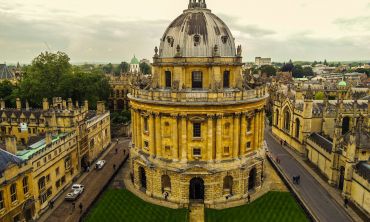
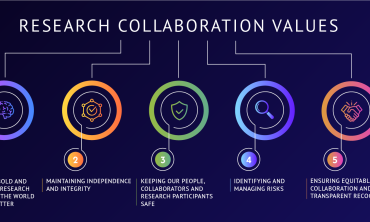
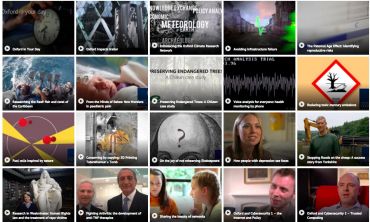



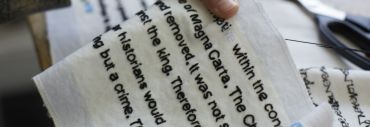



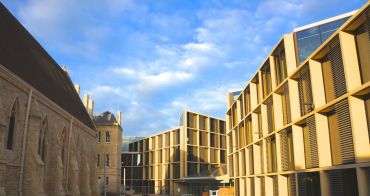
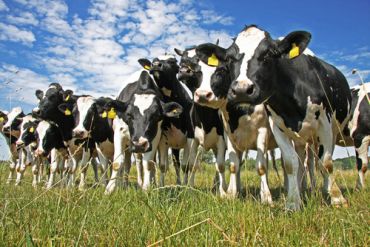
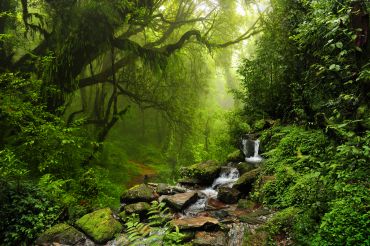

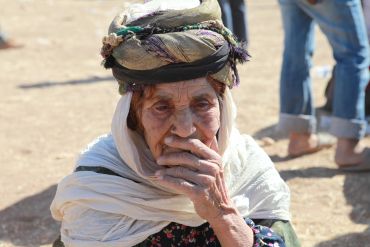
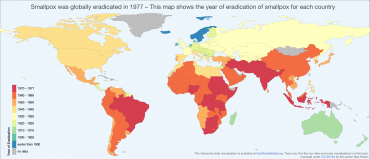
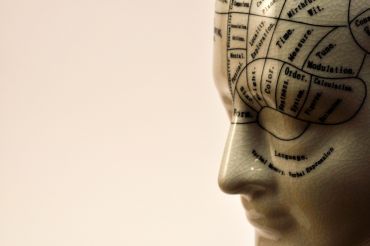


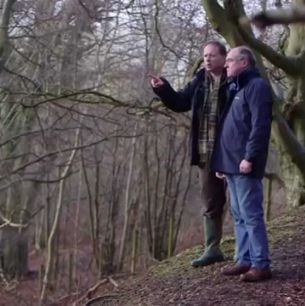
![The surprising uses of silk [Annual Review 2013-2014]](https://www.ox.ac.uk/sites/files/oxford/styles/ow_thumbnail_discover/s3/media-youtube/RS-cjTkuX9w.jpg?itok=vi7QRzrQ)
 Spectacular new fossil arthropod discovered preserved in fool’s gold
Spectacular new fossil arthropod discovered preserved in fool’s gold
 New study confirms beehive fences are highly effective in reducing human-elephant conflict
New study confirms beehive fences are highly effective in reducing human-elephant conflict
 New guidance on conservation and human rights launched today at United Nations biodiversity conference COP16
New guidance on conservation and human rights launched today at United Nations biodiversity conference COP16
 Discovery of key mechanism in Huntington’s Disease could pave the way for early detection and treatment
Discovery of key mechanism in Huntington’s Disease could pave the way for early detection and treatment
 Pioneering digital technology to examine musical themes of England’s most celebrated composer
Pioneering digital technology to examine musical themes of England’s most celebrated composer
 Four Oxford researchers win prestigious Philip Leverhulme Prizes
Four Oxford researchers win prestigious Philip Leverhulme Prizes

